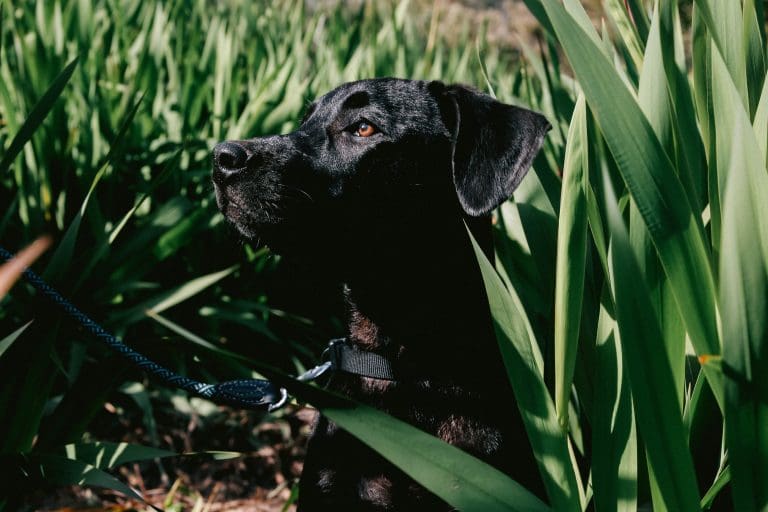How Long Does It Take Weed To Get Out Of A Dogs System?
Post Date:
December 10, 2024
(Date Last Modified: December 13, 2024)
As a dog owner, you prioritize your furry friend’s health and safety. If you find yourself concerned about the potential risks of marijuana exposure after your pet has ingested it—perhaps from a discarded joint or a stash—you’re not alone. Knowing how long it takes for marijuana to leave your dog’s system and recognizing the symptoms of ingestion is crucial.
Effects of THC on Dogs
Dogs process THC, the psychoactive component in marijuana, differently than humans. While some humans can tolerate small amounts, dogs are significantly more sensitive. This difference in metabolism can lead to a variety of symptoms, some of which may be serious.
If you suspect your dog has ingested marijuana, observe their behavior closely. Common signs include lethargy, lack of coordination, unusual vocalizations, and vomiting. Some dogs may seem disoriented or overly excited, while others might become quiet and withdrawn. If you notice any of these symptoms, it’s important to stay calm and assess the situation.
Timeline for Recovery
The duration for marijuana to exit a dog’s system can vary based on several factors, with the amount ingested being the most significant. A small quantity might lead to mild symptoms that resolve within a few hours, while a larger dose can result in prolonged effects. Generally, most dogs start to feel better within 24 to 36 hours, but individual circumstances can affect this timeline.
Size and weight also play a role in how dogs react to THC. Smaller dogs are more vulnerable than larger breeds; for example, a small dog ingesting the same amount as a large dog will likely experience more severe symptoms and a longer recovery period. Age and overall health are additional factors, as puppies and older dogs may struggle more with processing THC.
Immediate Steps to Take
If your dog has consumed marijuana, contacting a veterinarian is essential. They can advise you on the best course of action tailored to your dog’s situation. In some cases, a vet may suggest bringing your dog in for an examination or treatment. They might administer activated charcoal to limit THC absorption, and in severe cases, intravenous fluids or other interventions may be necessary.
While waiting for professional assistance, create a calm, comfortable space for your dog. Minimize stimuli that could heighten anxiety or excitement, and ensure they have access to fresh water without forcing them to drink if they appear disoriented. Monitoring their breathing and heart rate is also important, as these indicators can reflect the severity of their condition.
Long-Term Effects and Prevention
Fortunately, most dogs that ingest marijuana do not suffer lasting health problems, especially with prompt treatment. However, repeated exposure can lead to more significant issues, including behavioral changes or heightened sensitivity to other substances. Keeping marijuana products securely stored and educating yourself and others about the risks associated with cannabis use around pets is vital.
If your dog has previously experienced the effects of marijuana, you might wonder how long the symptoms will last. Generally, symptoms should begin to fade within a day, though some dogs may take longer to return to normal. Providing a serene environment and monitoring their condition will help facilitate the recovery process.
Should concerns persist, don’t hesitate to contact your veterinarian again for reassurance or follow-up care. Your dog’s health and safety are paramount, and being well-informed about these situations is crucial for any pet owner.
Staying Informed
As marijuana becomes more widely legalized, awareness of its effects on pets is increasingly important. Pet owners must recognize the signs of marijuana toxicity and respond effectively. Understanding these issues equips you to handle any unexpected situations that may arise.
While the timeline for marijuana to exit a dog’s system varies, most dogs recover within 24 to 36 hours. Consulting a veterinarian is the most prudent step if you suspect your dog has ingested marijuana. By remaining vigilant and informed, you can help ensure your dog’s safety and well-being.






